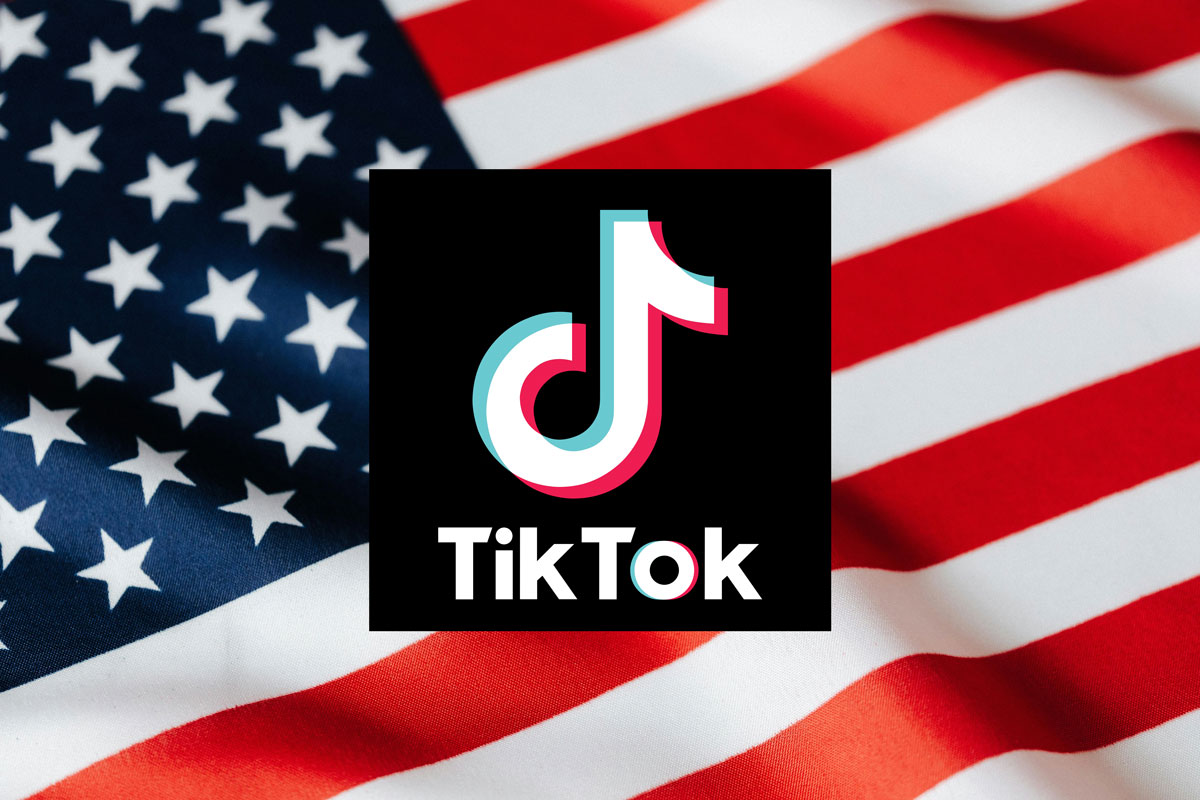In the ever-evolving landscape of social media, TikTok has emerged as a powerhouse, captivating millions with its short-form videos, viral challenges, and creative content. However, a landmark bill recently passed by the US House of Representatives could potentially spell the end for the popular app on American soil. The bill, which received overwhelming bipartisan support, could give TikTok’s Chinese parent company, ByteDance, six months to sell its controlling stake or face a ban in the United States.

What is TikTok?
TikTok, for the uninitiated, is a social media platform that allows users to create and share short videos set to music. Since its launch, it has garnered a massive following, particularly among younger demographics, becoming a cultural phenomenon in its own right.
The driving force behind the bill lies in concerns over China’s influence over TikTok. Mike Gallagher, a Wisconsin Republican and co-author of the bill, emphasised the need to mitigate the risk of having a dominant social media platform in America controlled by a company with ties to the Chinese Communist Party. This sentiment reflects broader anxieties surrounding national security and data privacy, especially in an era where information is power.
While the bill has garnered widespread support, it has also sparked protests and raised valid concerns. Critics argue that a ban on TikTok could have detrimental effects on jobs, platform-generated income, and company marketing strategies. Many businesses leverage TikTok as a crucial tool for reaching stakeholders through innovative marketing campaigns, enhancing their brand status and expanding their reach. Additionally, younger Americans, who constitute a significant portion of TikTok’s user base, have voiced their dissatisfaction with the potential ban. For them, TikTok isn’t just a source of entertainment; it’s a means of staying informed and earning income through content creation.
The implications of the bill extend beyond American borders, as ByteDance would need approval from Chinese officials to undergo a forced divestiture. Beijing has staunchly opposed such measures, with Foreign Ministry spokesperson Wang Wenbin warning that they could have repercussions for US-China relations. This opposition underscores the complexities of the geopolitical landscape and the delicate balance of power in the digital age.
President Joe Biden
President Joe Biden’s stance on the bill adds another layer of intrigue to the unfolding saga. Reports suggest that he has expressed willingness to sign the bill into law if it clears the Senate, potentially sparking tensions between the two nations. The intersection of politics, economics, and technology has created a volatile environment where decisions made in Washington reverberate globally.
As the fate of TikTok hangs in the balance, stakeholders on all sides are closely watching developments unfold. Whether the bill ultimately becomes law or faces further scrutiny remains to be seen. However, one thing is certain: the debate surrounding TikTok’s future in America is emblematic of larger questions surrounding technology, regulation, and national security in the 21st century.
Source: bbc.co.uk






